An article in a recent issue of the University of Portland campus newspaper,The Beacon, introduced me to a story about a death by suicide that was stigmatized and how the effects of stigma are unfolding in real time -- and hopefully about how stigma is being overcome.
The article, by UP student Logan Crabtree, caught my eye because he tells of founding, with fellow student Jesse Dunn, an Active Minds chapter at UP "following the suicide of our friend Mike" -- and I am always moved when, in the aftermath of suicide, survivors like Crabtee and Dunn take action to improve mental health resources and services in their community.
I was also touched by Crabtree's frankness about the struggles of the new chapter, including the impact that another student's suicide had on him, only nine months after the death of Michael Eberitzsch II:
We were devastated by the news of Conner Hall’s suicide ... For me his death felt like a personal failure. I spent weeks questioning and reviewing every event, article and Facebook post we had made [during the start-up of Active Minds]. What else could we have done? Why did this happen? What else can we do?
I sympathized with Crabtree regarding his feeling of personal failure, which I believe everyone involved in suicide prevention has grappled with, each of us in our own way -- and I was curious about what was happening at UP. An Internet search led me to the backstory, which is, at turns, both troubling and hopeful -- just as facing the harsh reality of suicide often is.
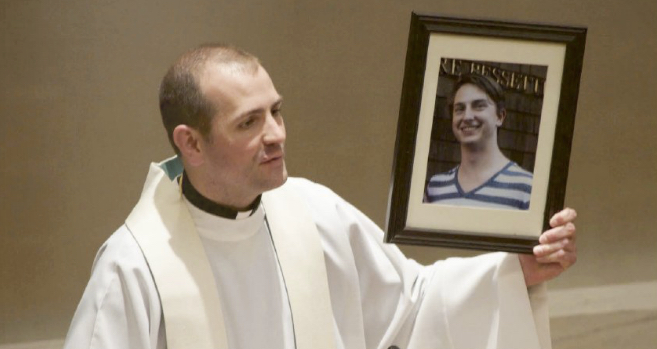
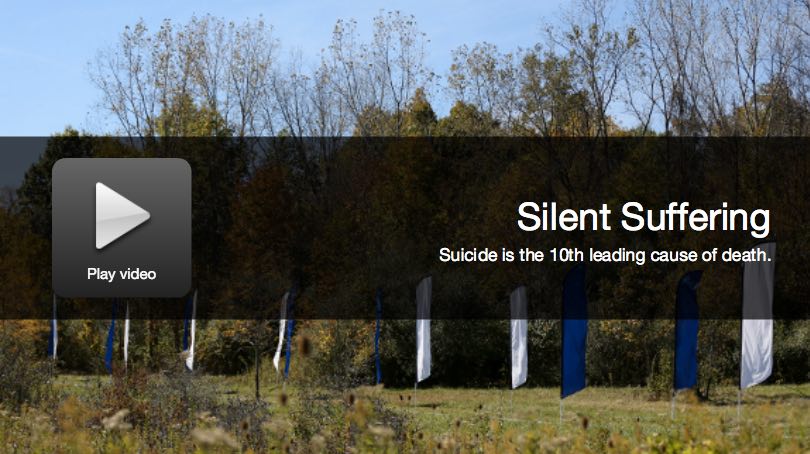
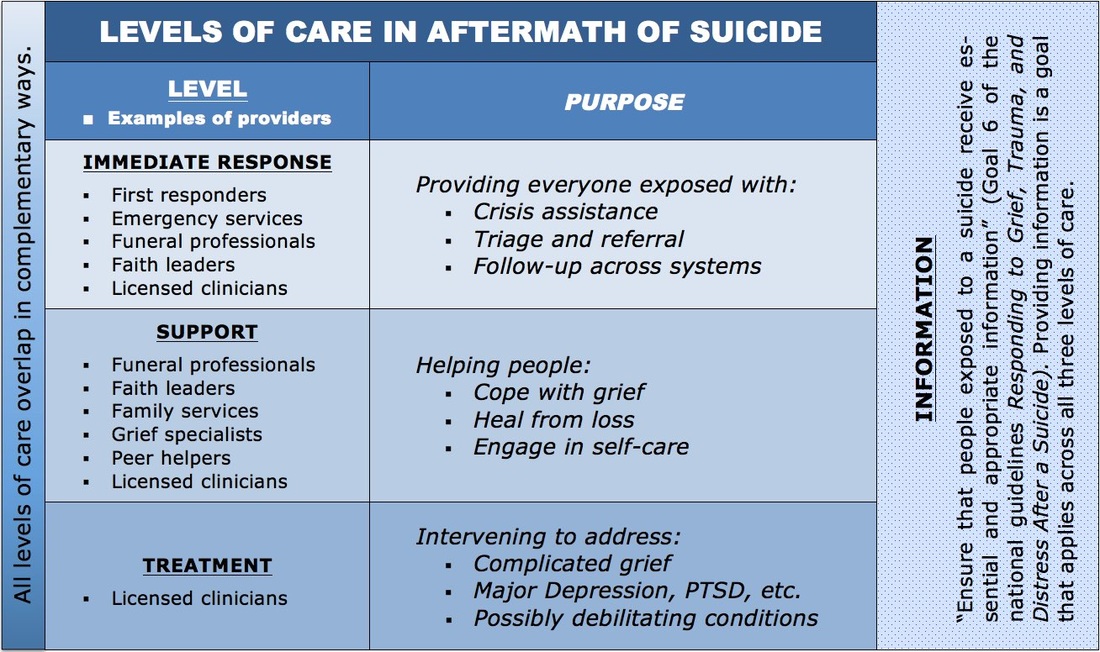
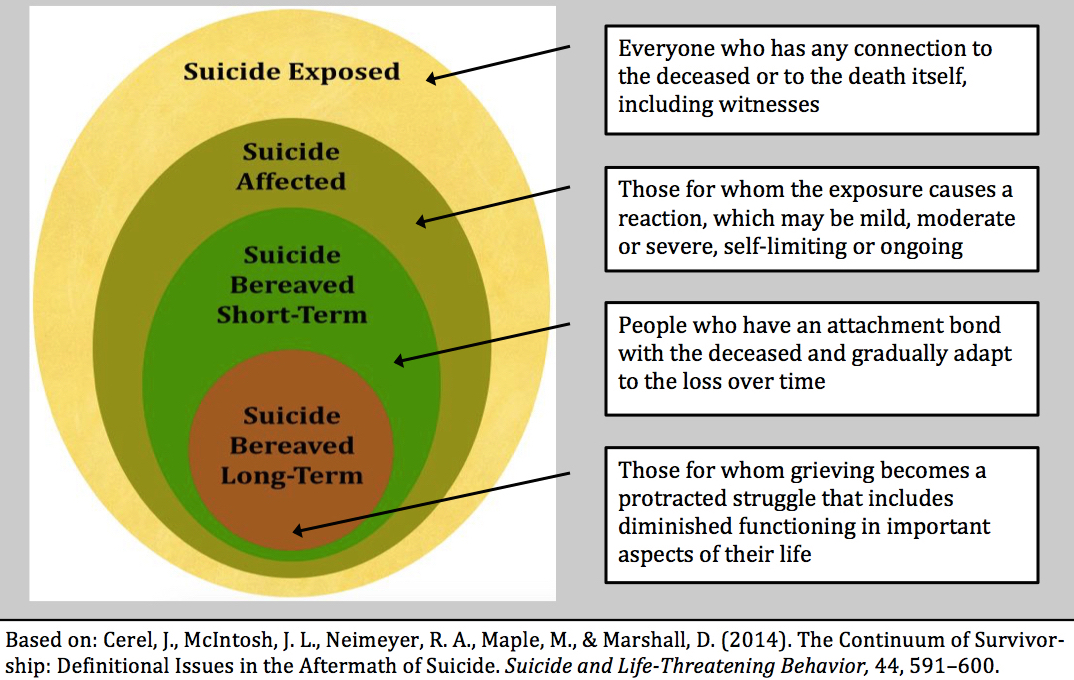
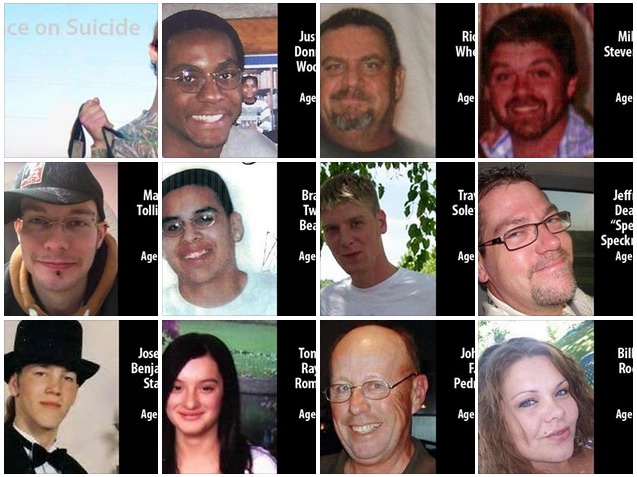
 RSS Feed
RSS Feed